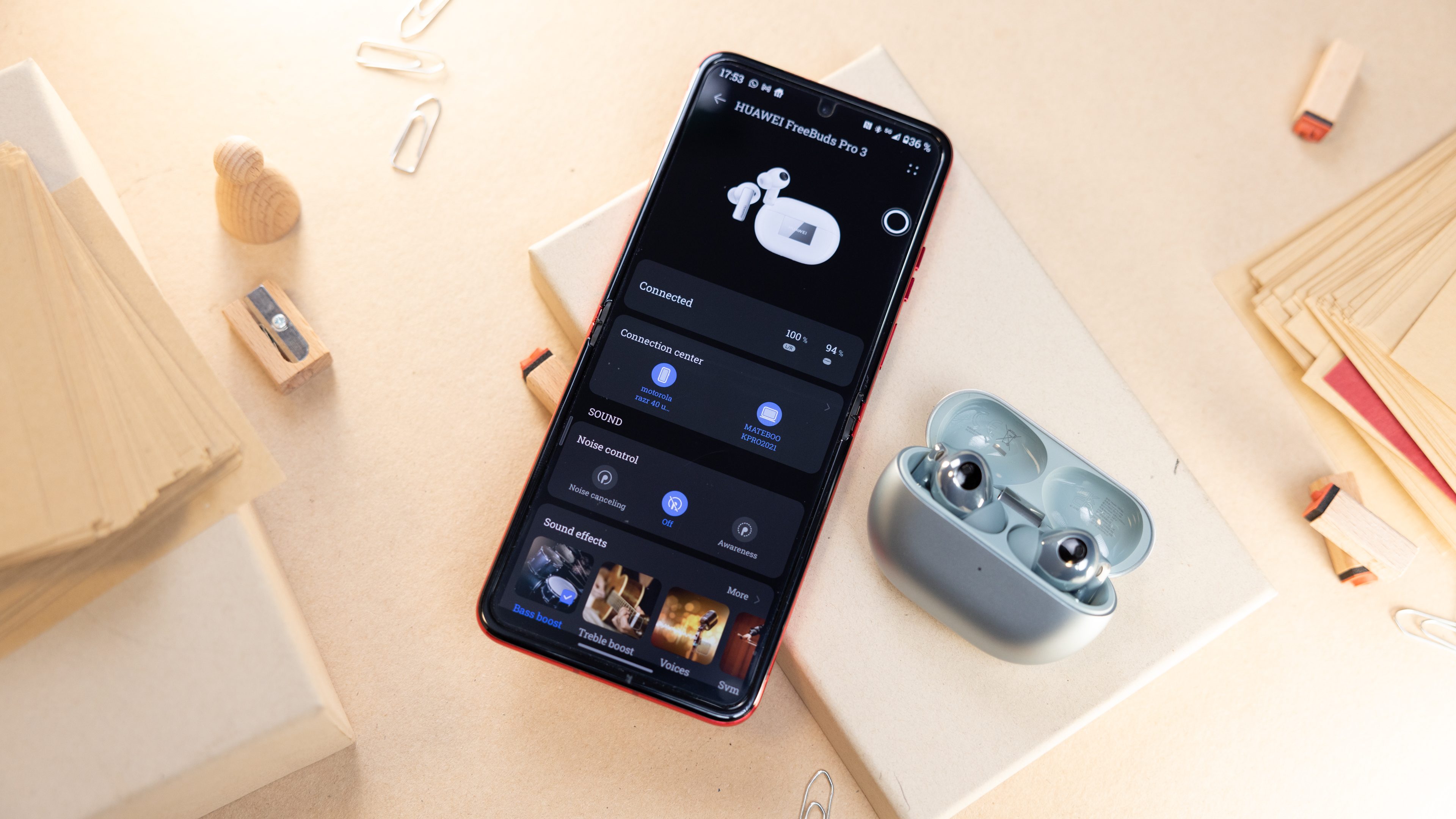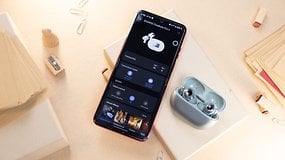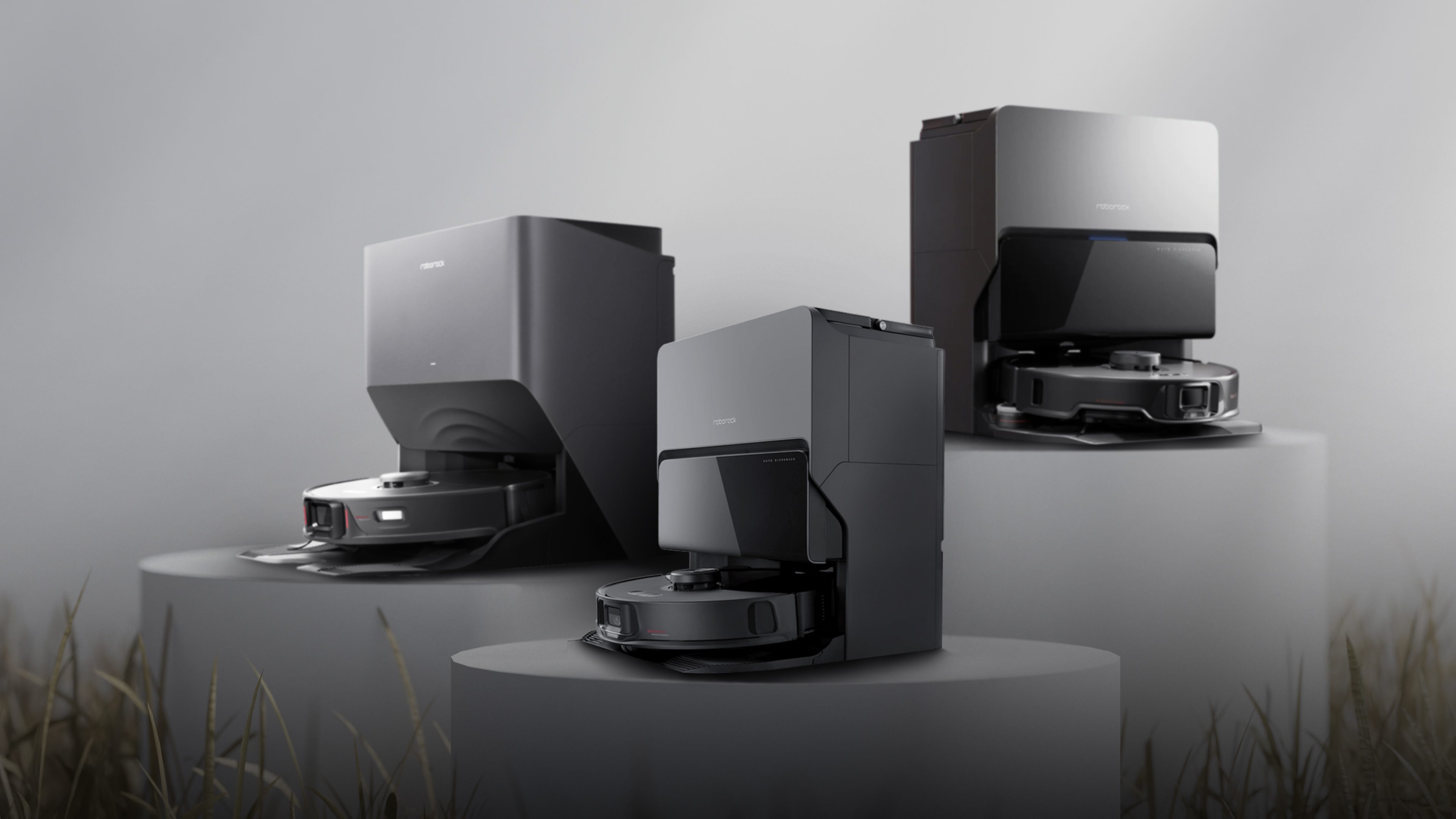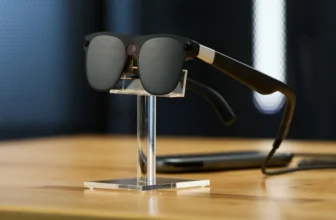
Over in the UK, a growing number of young people are suffering from auditory perception disorders. They can no longer distinguish sounds in their environment. What role do noise-cancelling headphones play in this malady?
Headphones with Active Noise Cancellation are heaven-sent in many situations. They magically make noise disappear on public transport, allow you to concentrate on your work at the office, and lets you completely disconnect in the midst of noisy children.
However, this technology known as Active Noise Cancellation (ANC) doesn’t appear to be entirely without its dangers. According to a BBC report, cases of hearing impairment linked to noise-cancelling headphones are growing in the UK, and British audiology departments across five National Health Service (NHS) clinics have recently recorded an alarming growth in the number of young patients.
Rising Hearing Impairment Among Young People
Patients do not complain of hearing loss as such, and most of them faced no problems with hearing tests. However, they do find it more difficult to associate sounds correctly. For example, they have trouble “hearing” the direction where a sound comes from or associating voices in the room with the people involved.
Doctors refer to these disorders as auditory perception disorders (APD) or auditory comprehension disorders. Sounds are not properly transmitted between the inner ear and the brain, and the patient is unable to filter out the information important to him or her.
Due to weakening nerves, such perceptual disorders are not uncommon in the elderly. Cognitive disorders, prior brain damage, and even childhood-onset otitis media also seem to favor the onset of APD.
Are ANC Headphones Dulling Your Brainpower?
However, we can only speculate that hearing problems could be linked to noise-cancelling headphones. There has been no identifiable cause yet to be scientifically linked. One reason behind this is how complex it is to diagnose the disorder.
Even numerous doctors face professional limitations. In the UK, only 4% of audiologists consider their level of knowledge allows them to correctly diagnose the disorder. For an examination at the Charité in Berlin, attention disorders and reduced intelligence must first be ruled out.
The effect of different Active Noise Cancellation technologies has also not been sufficiently taken into account in this context. Doctors therefore feel that more research is needed in this area.
However, British specialists such as Renee Almeida, Director of Adult Audiology at Imperial College Healthcare NHS Trust, and Claire Benton, Vice-President of the British Academy of Audiology, pointed out in the report that exposure to various sounds is essential for the human brain.
They view it this way: this is how the human brain trains itself to distinguish between important and unimportant acoustic information. They believe this ability is compromised by the excessive use of noise-cancelling headphones.
Could constantly tuning out the world with noise-cancelling headphones be weakening your brain’s natural ability to process sound? What do you think?







